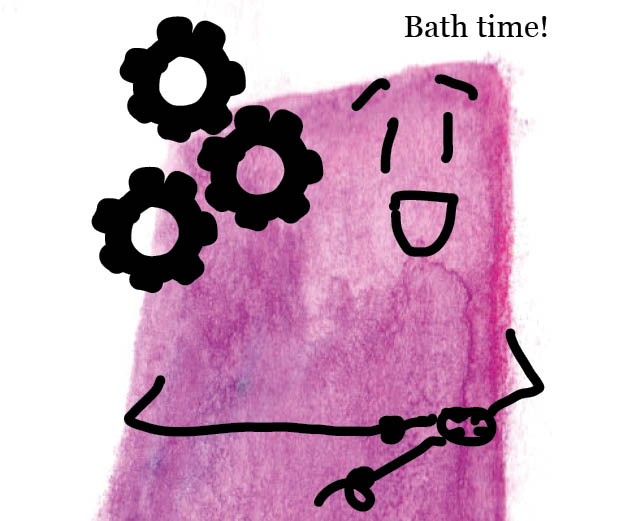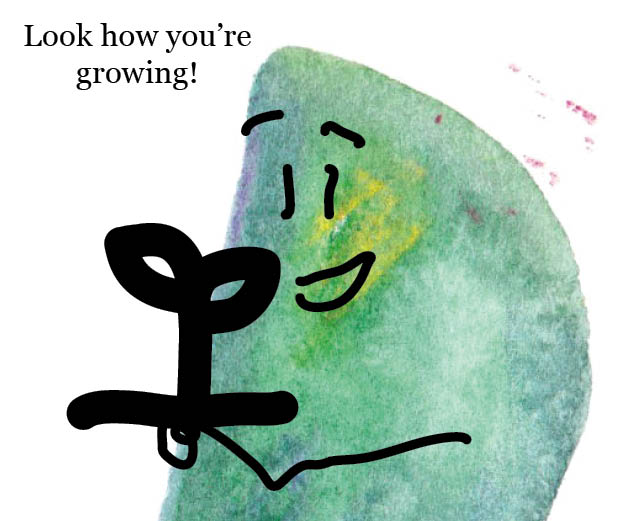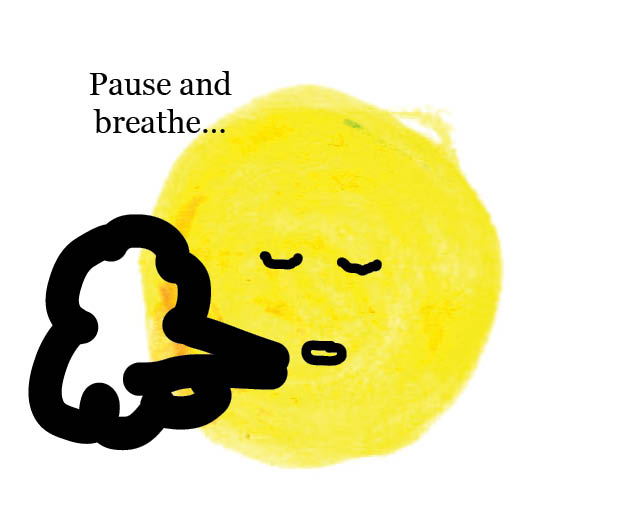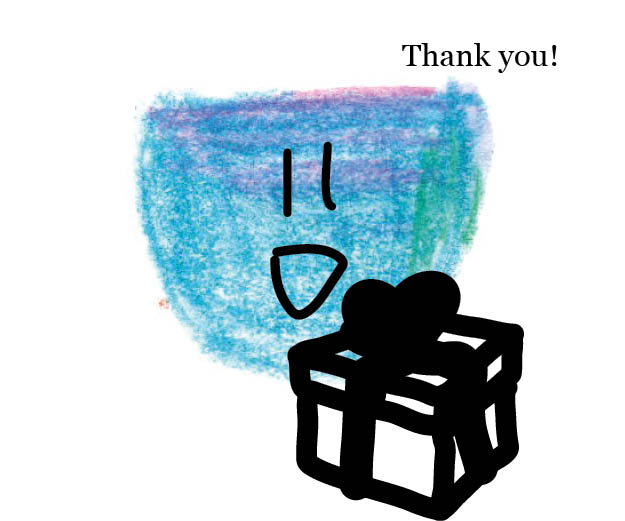Connection Tools
Tuning in and connect emotionally with your child is the fundamental practice of parenting. Children need to feel connected to a caring adult to feel safe and be able to think, learn, and take risks to explore the world. Regular connection is also how they develop a deep sense that they are lovable.
Listening
Genuine connection with our kids starts with listening to them. Listening lets them know they matter and usually helps empathize with their point of view.
Empathy & Validation
All humans need empathy and validation. We need to be seen, understood, and accepted.
Keep Your Cool
The technical term for this is “parental self-regulation.” Practice the ability to stay above the storm as your child releases emotions, even when they seem like personal attacks.
Special Time
Give your child the gift of a dedicated time with you, daily or whenever possible, where they call the shots.
Get Physical
Kids feel and communicate with their bodies! Help them shake off tension, feel good and connect with active play and rough-housing.
No Punishment
There are more effective ways to shape behavior than punishment, which has been shown to lead to poorer outcomes.
"Feel it to heal it"
Emoting is the body's natural way to process and release our life experiences.
Playfulness
As grownups, we tend to think that to be effective, things have to be serious. But with children, the opposite is often true.
Parent Self-care
Getting your own needs met is essential to meeting the ever evolving needs of your children.
Non-verbal Connection
Connecting deeply with your child on a non-verbal level is a great way to counteract stress – for both of you.
Empowerment Tools
Children gain confidence and self-esteem by overcoming challenges. Fostering growth means empowering them with the right level of structure and challenge for each situation. Over time this leads to internal motivation and self-regulation.
Setting Limits
Limits are one of the most essential and misunderstood parts of parenting. Limits are good for kids and build emotional intelligence, if you set them with love and compassion.
Routines
Routines help us feel safe and in control. They reduce the mental load of regular tasks, and keep everything from being a negotiation with our kids.
Support Autonomy
People, even little ones, have an innate desire to feel control over them selves and their environments. At every age, there are appropriate things over which you can give them control.
Storytelling
Humans make meaning through telling stories, and you can help your kids craft constructive narratives.
Growth Mindset
“In a growth mindset, people believe that their most basic abilities can be developed through dedication and hard work—brains and talent are just the starting point." - Carol Dweck
High Expectations
The combination of a warm, attuned emotional relationship with high expectations based on your values is a magic combination for youth achievement.
Celebrate Wins
Our focus is a powerful tool. Not only does what we focus on become our experience, it also creates more of that thing. So it's worth focusing on the good things!
Creative Making
Creative making is a gateway to many positive emotions, including flow, authorship, and connection to something bigger.
Mindfulness
Mindfulness has many proven benefits for children (and all people). Here are some ways to help your child slow down and practice focusing on the present moment.
Cognitive Reframes
In calm moments when your child's whole brain is working together, it is often helpful to revisit troubling issues, to questions assumptions, reframe thought patterns, and problem-solve.
Gratitude
Gratitude has been proven to make people healthier and happier... and even live longer.
Self-evaluation
Turn the focus from external evalution of your child and their performance, to their own internal evaluation. “How does it feel to you?” or “Tell me about how you made this...”


















